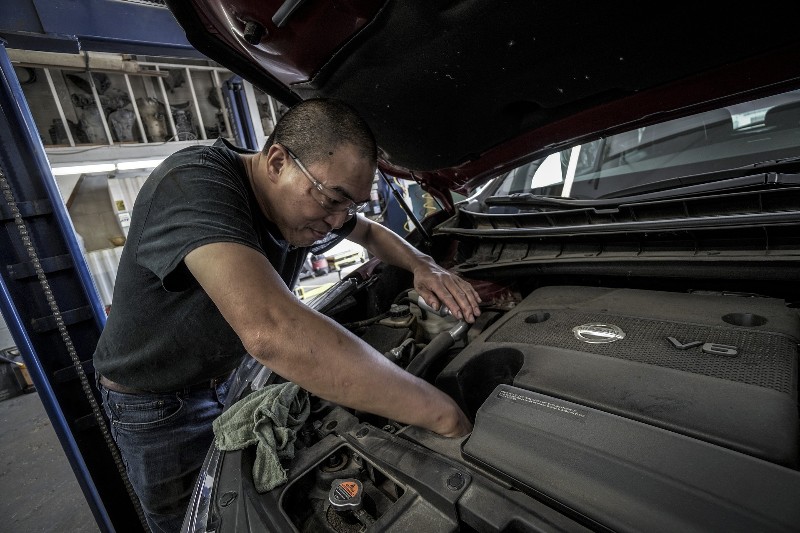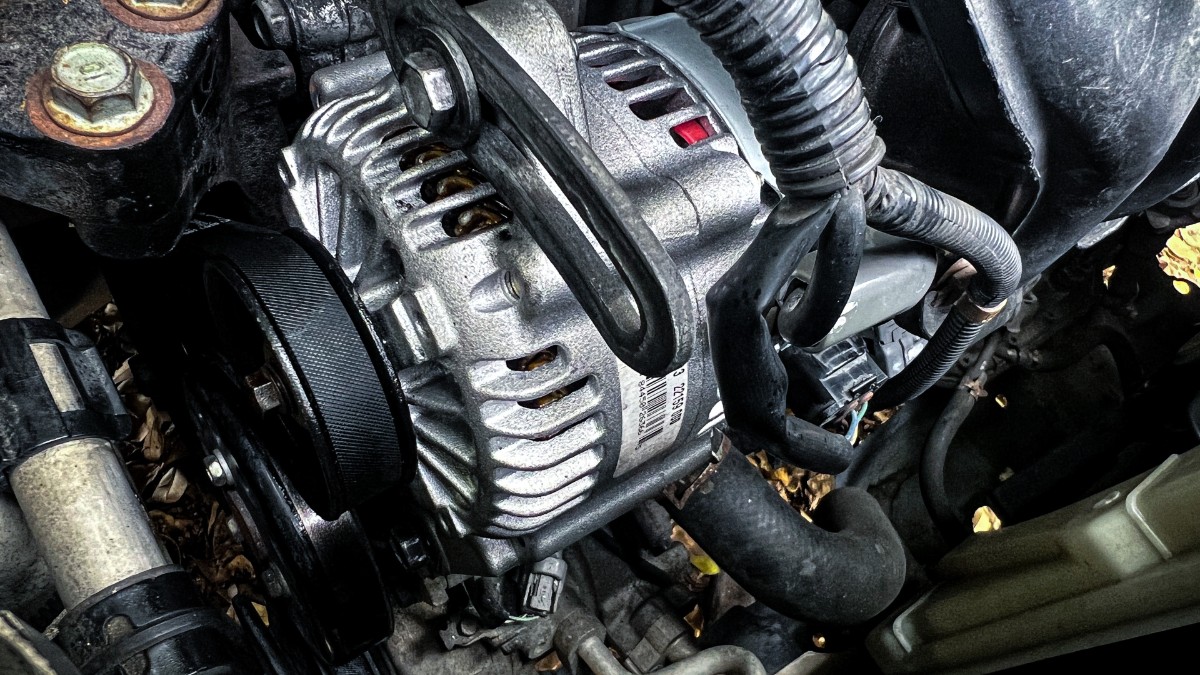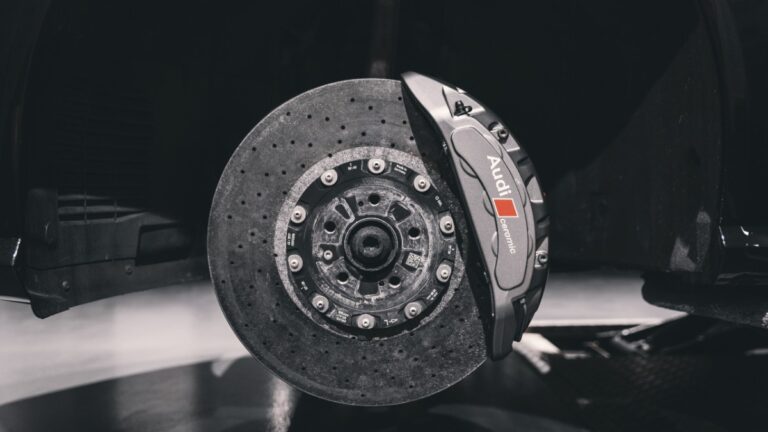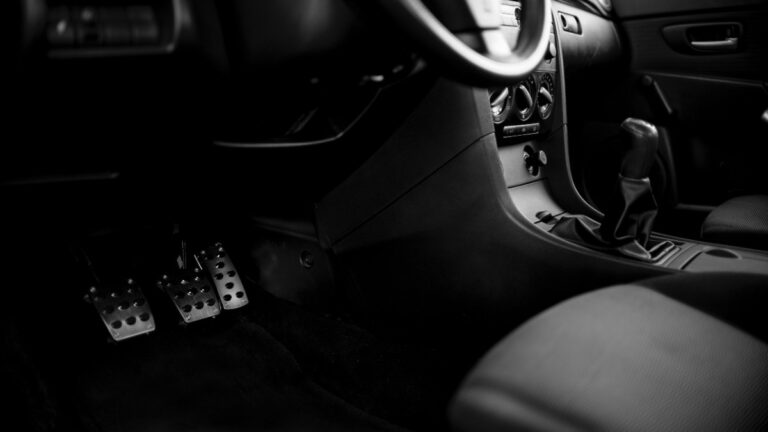Can Oil Cause An Alternator To Fail? (& How To Fix It)
The alternator charges the battery and powers electrical parts in your car. However, it’s prone to malfunctioning or breakdown because of various issues. Perhaps you’ve been wondering whether oil can cause an alternator to fail and how to fix it.
Oil can cause an alternator to fail by limiting air cooling which encourages overheating. It damages internal parts leading to eventual failure to charge the battery. You can fix this by cleaning the alternator using soapy water or a degreaser.
Problems with the alternator may make your battery die and have your vehicle towed to the nearest garage. When your alternator goes bad, it pays to understand where it results from an oil leak or other issue.
What Does An Alternator Do?
Battery power goes through the regulator when you turn on the ignition switch. Power brushes to a coil connecting to the shaft driven by the engine through the belt. The voltage applied to the coil makes it electromagnetic. The electromagnet then revolves around the stationary coil.
Induced voltage becomes alternating current (AC) by Faraday’s Law and must be converted into direct current (DC). The diodes or rectifier pack in the alternator takes care of this. The rectified voltage is sent to the battery to charge it.
The alternator charges less as the regulator sends lower voltage through the brushes to the rotating coil. This lower voltage creates a lower magnetic field causing lower induced voltage.
Switching on the car’s electrical components makes the load on the electrical system go higher. The regulator compensates for this and sends a higher voltage to the rotating field. It creates a stronger magnetic field inducing a higher voltage.
What Are The Most Common Signs Of Alternator Failure?
The most common alternator problem is bearing failure. This device has needle bearings to allow free spinning of the rotor. These break down over time because of exposure to heat and dirt. The rotor won’t operate properly when the bearings fail, it seizes up and stops working.
The loud grinding noise is another sign of alternator failure. A buzzing sound after turning on the ignition yet the car isn’t running is a sign of a bad alternator. The car may start and the battery quickly drains making the electrical system fail.
How Can Oil Reach The Alternator?
An alternator has a sealing bracket made of cork to prevent engine oil from reaching it. A leak can happen if the seal fails. Oil can seep out through the vents or the valve cover gasket to the spark plug.
It affects ignition and significantly lowers engine performance. For alternators that have a vacuum pump attached to operate the breaker servo motor. The oil seal separating the alternator and the pump may fail and cause a leak.

Can An Oil Leak Make The Alternator Fail?
Oil isn’t conductive and can’t cause short circuits in the alternator. However, it may cause bad contact between the slip rings and the tiny carbon brushes in the alternator. The brushes carry little current and contact with any substance may encourage high resistance.
This is because oil is an insulator and its presence on the coils affects its performance. Most car alternators are air-cooled. It’s likely to overheat and fail to work appropriately if any parts are covered in oil.
The presence of oil on the drive belt encourages slippage which badly affects the alternator’s charging rate. A leak on the camshaft seal of the V-engine may make the alternator fail underneath.
How I Repair An Alternator Soaked In Oil?
If the alternator isn’t working, you can blast it with water. It’s a great idea if the alternator isn’t working and you don’t want to put it apart. Afterward, you must clean the alternator using a soft brush. Don’t use a pressure washer to avoid damaging the seals.
You must remove the alternator from the car and wash using soapy water. Clean the alternator using a soft brush and wipe it down with lint. Be careful when cleaning around the bearings to avoid cleaning out the small amount of oil around them. Don’t get the brushes too wet too.
Alternatively, you can use a degreaser to clean the alternator. The good thing is you don’t have to remove it from the car. You get a degreaser and a brush to scrub any oil from the exterior of the device.
What Are The Steps To Clean An Alternator?
The accumulation of oil and dirt on the alternator affects its performance. Understanding how to maintain the device is a great idea. Good thing you don’t need any special skill or tool kit. The simple steps to clean your alternator are highlighted below.
- Get appropriate time and material to use including water and degreaser.
- Disconnect the battery to avoid a short circuit by disconnecting the negative terminal first.
- Get the alternator from the car and place it in a convenient location
- Prepare your cleaning materials and begin the cleaning process
- Soak a clean cloth in soapy water or degreaser and place it on the alternator
- Alternatively, use a soft brush to clean around the terminals
- Rinse the alternator by using an air compressor or drying system
How Can I Keep An Alternator In Great Shape?
Maintenance is important to get the most from your car alternator. You must check it regularly to ensure that it’s free from dirt and grease. In the case of oil, clean the alternator as highlighted above. it keeps the device from overheating which may compromise its performance.
Wrapping Up
The presence of oil on the alternator compromises its performance. It encourages overheating which damages its internal parts and permanence. You can clean oil from an alternator using soapy water or a degreaser.







